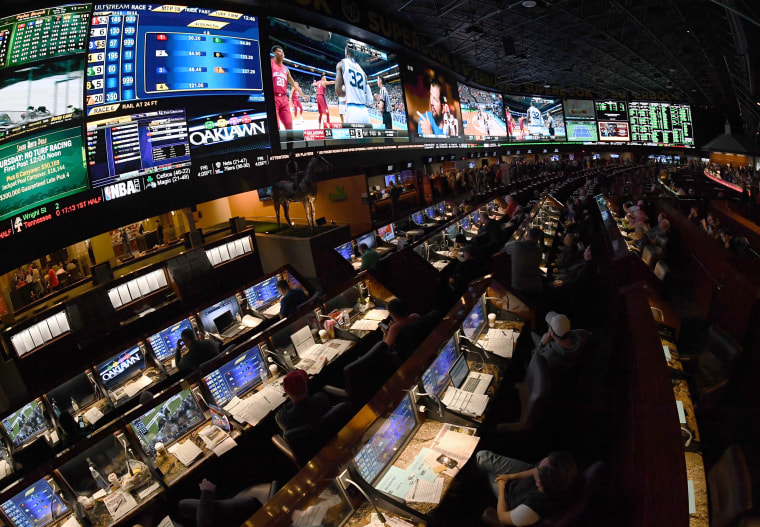
Percentage or portion of sports betting revenue must also dedicate funds to prevent and treat gambling problems. Sports betting should not be allowed in a state without funding for problem gambling services. NCPG suggests that the equivalent of 1% of revenue from legalized sports betting should be dedicated to problem gambling services.
Why Gambling Should Be Legalized
The amount of sports fans across the United States is sometimes unbelievable. Super Bowl Sunday to most Americans is almost as big of a holiday as Easter or Independence Day. Billions of dollars are spent annually on betting on these multiple sporting events but somehow throughout the 50 states only 4 of which have actually legalized sports betting. Everyone has put a wager on a game even if it was just a dollar or two but to keep it illegal for such a period of time, the government is missing out on a huge investment and a revenue that they previously wouldn’t have. Even though there are no records to prove it we can speculate that even the cavemen bet on sporting matches. It might not have been monetary value but its just always been a part of the culture. (Heitner) Throughout the years, sports betting has been shaped by a few scandals, monopolies, and most recently march madness. After the Civil war is when sports betting became most popular. There began a moment across the nation of racetracks and people racing horses. It would quickly be shunned out by the American pastime we know as baseball, but the horse racing sports betting is what really kicked off the idea in the country.(Heitner). After going on a decreasing period sports betting began to pick back up around the mid 1900’s because of the development of Las Vegas and the gambling that had already been developed there. Now we see sports betting on another rise in the country but it is mainly based online and